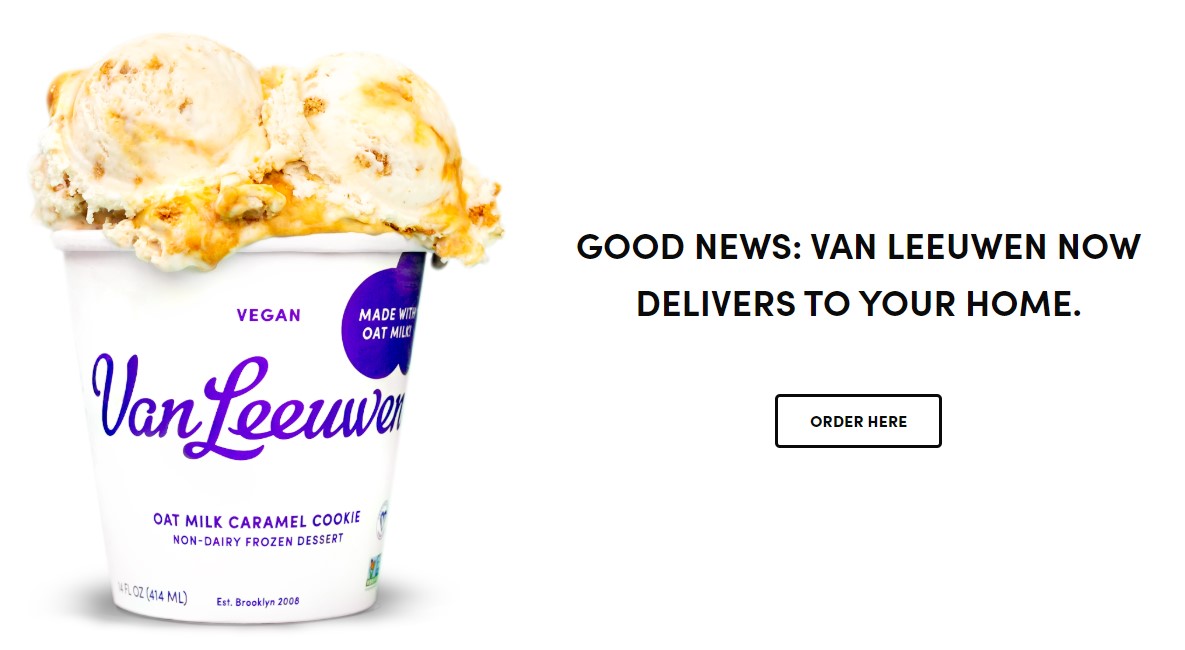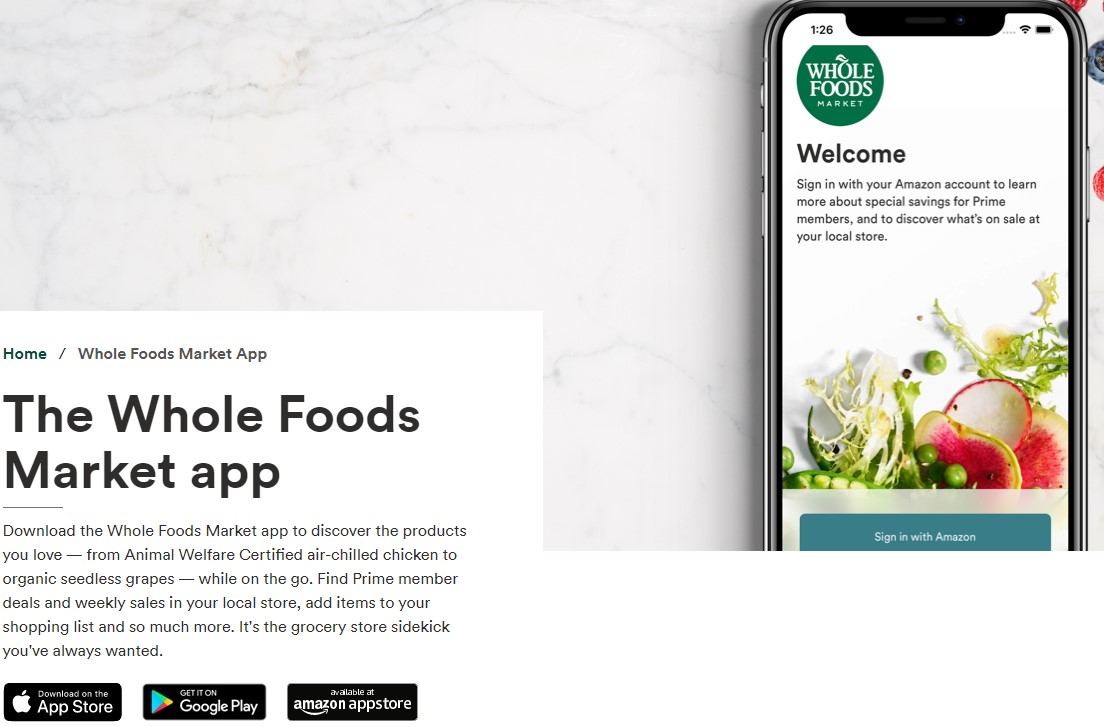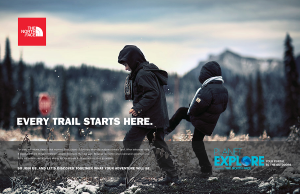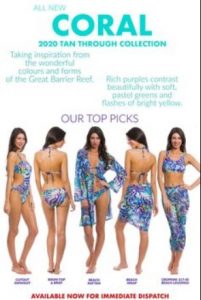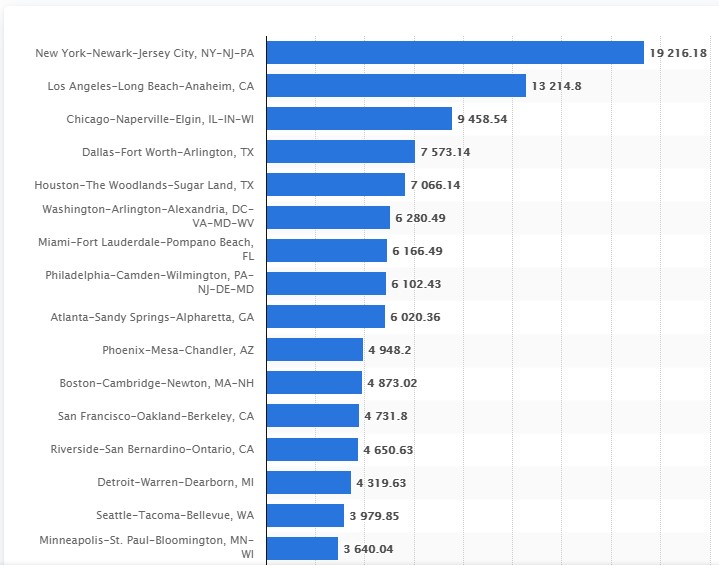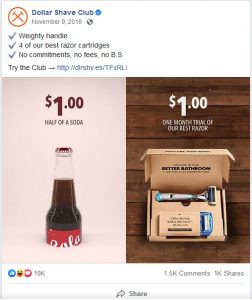Targeting Geography
There are many reasons for geographic targeting. They include climate variation, regional preference, market size, urban vs rural, local culture, and geolocation
Climate
Geographic targeting can make a lot of sense where your product is valued more in certain climates. Swimming gear, for example will be more in demand in warmer climates or warmer seasons. Snow shovels and snow blowers have more value in cold and snowy climates.
Take a look at this ad for Snow Blowers from Husqvarna and think about who they are targeting.
What is the target?
Brief persona

John is a husband, father and homeowner. He enjoys outdoor activities and is a fervent do-it-yourselfer.
Regional Preference
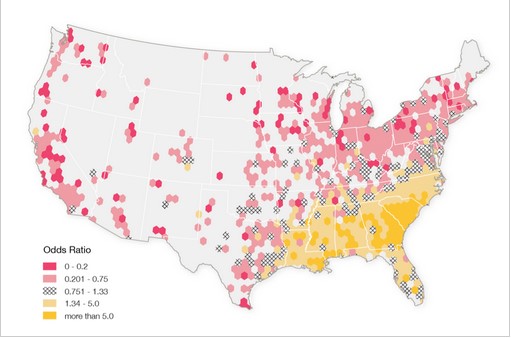
Market Size
If you want to target only certain markets (or at least start off in only in certain markets) you want to consider market size and make up. Larger markets usually cost more to enter but also may provide a larger potential market.
In many places, the population is concentrated. The top 10 metropolitan markets in the U.S. represent 27% of the US population.
These are the largest metropolitan areas in the U.S.
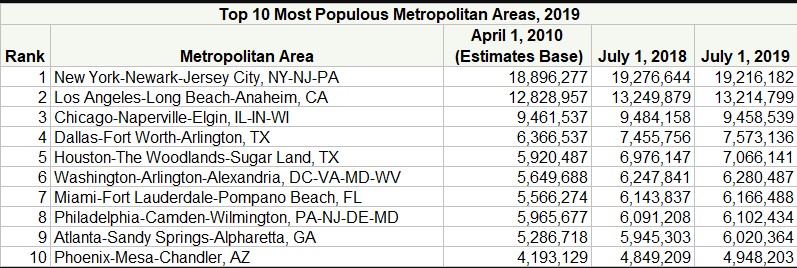
https://www.census.gov/
Urban vs Rural
Geography might also be relevant when considering urban vs rural areas. If you’re deciding where to put the next Whole Foods, you’d likely be looking at different markets than if you were deciding where to put a Tractor Supply Co.
Whole Foods caters to customers looking for healthy food in urban (and some suburban) areas. According to a spokesperson for the company, when selecting locations for their stores, they “take a variety of factors into consideration, including availability and cost of real estate, population density, education, demographics, and the community’s interest in natural and organic foods” This is captured in their tagline “We believe in real food”
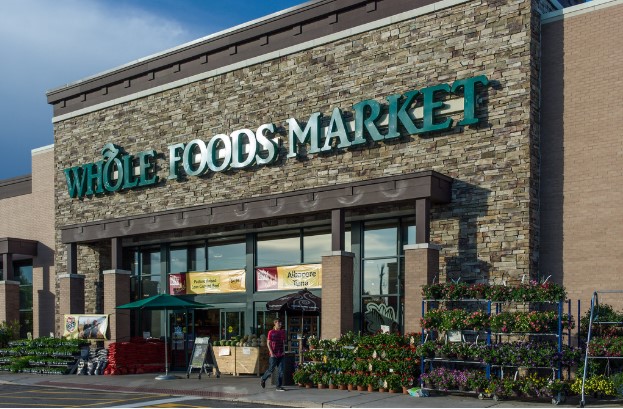
Tractor supply is located in more sparsely populated areas, which is where their customers can be found. Their base includes “recreational farmers, ranchers, gardeners and others who like to get outside and try their hand at backyard poultry, raising goats and even beekeeping.” This is captured in their tag line “Everything You Need for Life Out Here”
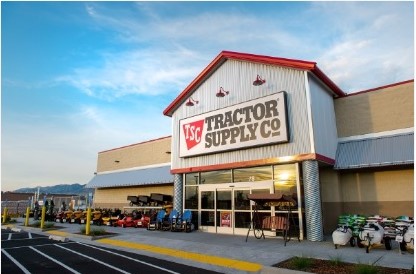
What is the target?
Brief persona
Local Culture
Some targeting is hyper-local. This is often true for local clothing stores or restaurants. This message below is from a local bank in Ann Arbor, Michigan (where the University of Michigan is located).
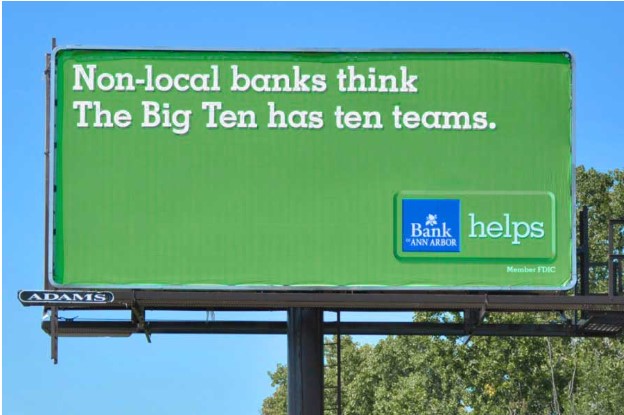
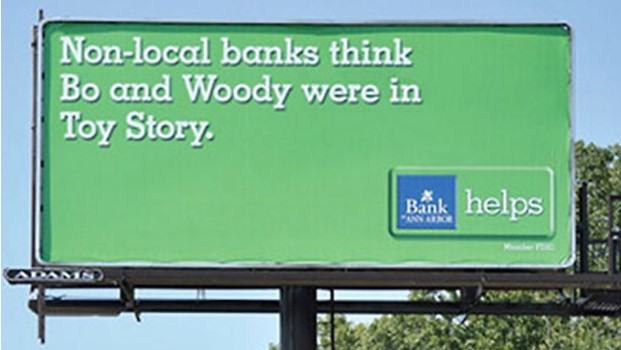
If you live in Ann Arbor, chances are good that you know that the Big 10 has 14 teams and that Bo and Woody were University of Michigan Football coaches. That’s the point. You’re an “insider”.
Geolocation
Both Van Leuween Ice Cream and Whole Foods use apps to detect when customers are near one of their locations. They then use specific messages and special offers to try to bring them into the store.
Van Leuween Ice Cream using geolocation (through the PayPal app)
